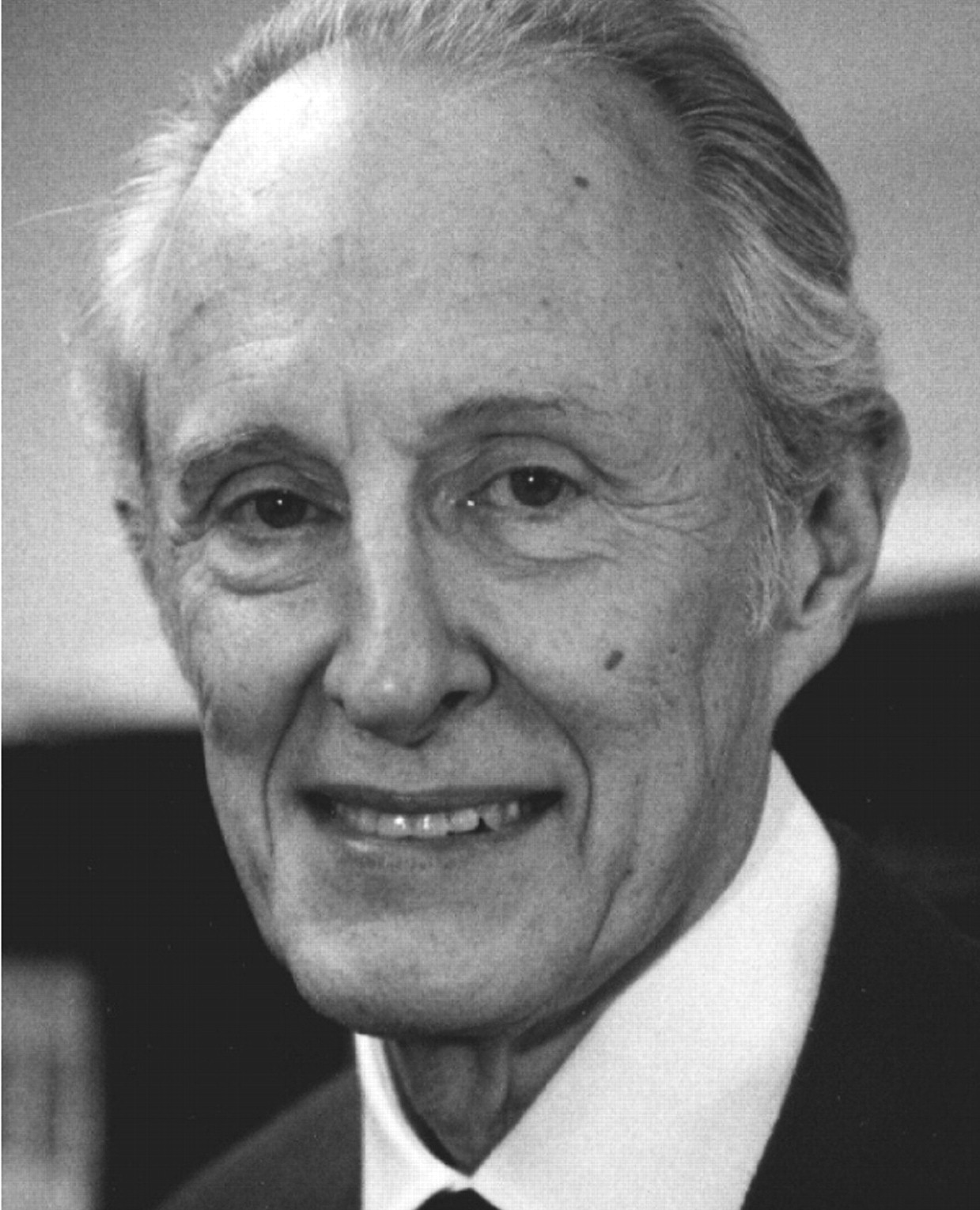Candidates for Trustee-at-large

Chief Psychiatrist, Montgomery County, Maryland, 2001- ♦ Clinical Professor, George Washington University, 1978- ♦ Area 3 Trustee, 2001-♦ Washington Psychiatric Society Board of Directors, 1974- ♦ Task Force Member of DSMIII-R, IV, V, 1981- ♦ Past President, American Society of Social Psychiatry ♦ Co-author, Clinical Management of Supportive Psychotherapy, American Psychiatric Publishing Inc., 1993
The trustee-at-large is one of 19 voting members of the APA Board of Trustees. Voters should know the agenda of prospective Board members. I will advocate for:
| 1. | Patient rights | ||||
| 2. | APA guiding this nation's understanding of the needs of people with psychiatric illnesses | ||||
| 3. | Enhancing the influence of the Assembly within APA | ||||
RIGHTS OF PATIENTS
Due to public policies and managed care, more psychiatrically ill are now in jails or prisons than in hospitals. Of those not incarcerated, many are on the streets. Of those neither incarcerated nor on the streets, managed care has left many only partially treated, still in pain or still disabled. Change should focus on people with psychiatric illness need for three basic rights:
First is the right of the psychiatrically ill to be free of their illness to the degree it can be achieved with today's treatments. This requires access to a comprehensive array of treatments—under conditions of full confidentiality. | |||||
Second is the right to equality of opportunity for treatment and services. This requires cessation of discrimination against the psychiatrically ill.“ Parity” that retains internal managed care discriminations against the people with psychiatric illnesses and against psychiatrists must cease. | |||||
Third is a right to live supported in this nation's communities. Just as this nation has spent substantial resources to facilitate the wheelchaired to be part of American communities by reconstructing sidewalks, entrances, etc., so we must demand that this nation provide housing, sheltered work, and social supports so that the most disabled of the psychiatrically ill can become part of our communities. | |||||
GUIDING THIS NATION'S UNDERSTANDING OF THE NEEDS OF PEOPLE WITH PSYCHIATRIC ILLNESSES
APA must fulfill the reason this organization was formed 162 years ago: To provide direction to the professions and to the public as to how best to provide humane care and effective treatment for people with psychiatric illnesses. It is essential that we achieve this original purpose. As much as anyone, I've been part of motions to return APA to this purpose, but more must be done. Almost monthly, there is a substantial clinical development about which APA is silent. An organization cannot provide clinical leadership unless its promulgations are current. APA's promulgations, e.g., its practice guidelines, often do not remain current.
ENHANCING THE INFLUENCE OF THE ASSEMBLY IN APA'S GOVERNANCE
We want each APA member to feel that they are within reach of APA's governance. The Assembly has representatives from each district branch and representatives of early career psychiatrists, Asian-American psychiatrists, African-American psychiatrists, Hispanic psychiatrists, IMGs, MITs, gay/lesbian psychiatrists, and American Indian/Alaska Native/Native Hawaiian psychiatrists—and representatives of all substantial subspecialty psychiatric organizations. In 1980, 57 percent of the APA voters said“ yes” to a petition to change the APA constitution to make the Assembly the policymaking body of APA. That petition failed because it was short of the 67 percent needed to change the constitution. So, an incremental approach to enhancing the Assembly's power is indicated, in order to move the decisions of APA closer to the APA members.
PRIMARY PROFESSIONAL ACTIVITIES AND SOURCES OF INCOME
PROFESSIONAl ACTIVITIES
| •. | 90%—Chief psychiatrist of Montgomery County, Md., government in its offices and clinics:
| ||||||||||||||||
| •. | 10%—Teaching or consultation at local training programs or US Department of Health and Human Services | ||||
INCOME
| •. | 95%—Montgomery County, Md., government | ||||
| •. | 5%—U.S. Department of Health and Human Services | ||||



